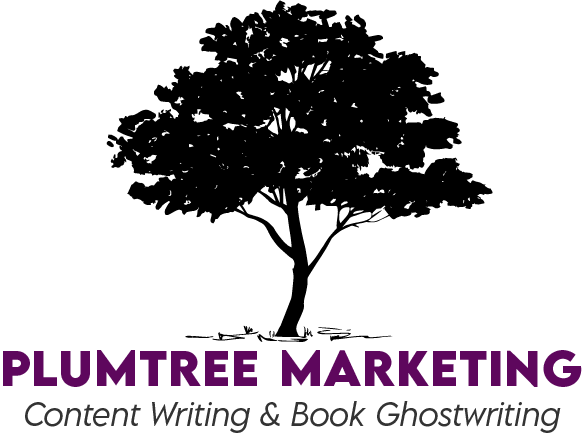My recent article on commonly confused words was such a hit that I thought I’d also help clear up some confusion regarding common punctuation errors!
Of course, if you need some professional help making your writing flow smoothly and correctly, give me a call. In addition to writing services, I also offer editing.
Semicolon vs. Colon – Semicolons are used either between two independent clauses (i.e. groups of words that can stand alone as a sentence) or to separate long or complicated items in a series that already use commas. Colons are primarily used to introduce explanations, examples, series, lists or quotations. I like to think of semicolons as “separators” and colons as “announcers.”
- Gerald arrived at the office just after dawn and stayed until well past the dinner hour; by the time he got home, he was exhausted.
- There are three things that Dawn loves to cook: lasagna, pasta salad and chocolate chip cookies.
Punctuation within Quotation Marks – Commas and periods are always placed before the closing quotation mark. Question marks, exclamation points and dashes are put before the closing quotation mark when the punctuation applies to the quotation itself, and after when the punctuation applies to the whole sentence.
- “I wonder,” she thought to herself, “when the cherry blossoms will bloom.”
- Eleanor screamed in exasperation, “I want to go home!”
- Do you agree with the saying, “A penny saved is a penny earned”?
Double vs. Single Quotation Marks – Double quotation marks are the standard form used for almost all occasions. Single quotations marks are generally only used to enclose a quotation within a quotation.
- “We had nearly reached the summit,” Kevin explained, “when Christopher screamed, ‘watch out for the tarantula!’”
Hyphenated Adjectives – Compound adjectives (i.e. adjectives that are composed of more than one word) are hyphenated. Single adjectives are not. When trying to decide whether or not to add a hyphen, make sure you’re not including the noun in the hyphenated cluster of words.
- They met to discuss their five-week plan. Here “five-week” is a compound adjective that modifies the noun “plan.”
- The plan will take five weeks to implement. Here “five” is an adjective that modifies the noun “weeks.”
Note: What I have presented here is punctuation in standard American English. In British English, the treatment of punctuation within quotation marks and the use of double vs. single quotation marks is different than this.


